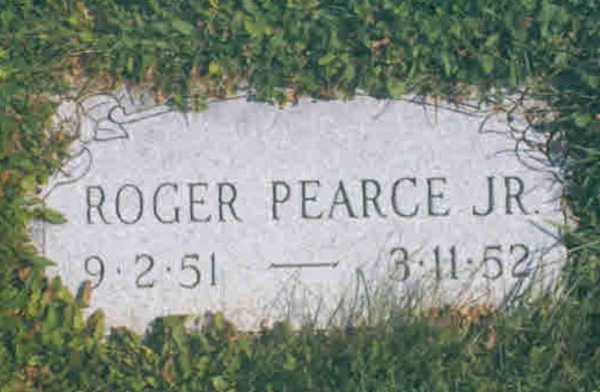Texas DA seeks to overturn governor's pardon of man who killed BLM protester

Daniel Perry was sentenced to 25 years for the murder of U.S. Air Force verteran Garrett Foster. (Jay Janner/Austin American-Statesman via AP, Pool)
A Texas district attorney said his office will ask the state’s highest criminal court to overturn Gov. Greg Abbott’s pardon of a man who killed a Black Lives Matter protester in 2020.
Travis County District Attorney José Garza said Tuesday that Abbott and the board of pardon and paroles had “put their politics over justice and made a mockery of our legal system” over the decision to pardon Daniel Perry last month—one year after he was given a 25-year prison sentence for fatally shooting 28-year-old Black Lives Matter protester and U.S. Air Force veteran Garrett Foster.
“They should be ashamed of themselves,” Garza told a news conference. “Their actions were contrary to the law.”
He said the county was filing for a writ of mandamus against the governor and would ask the Texas Court of Criminal Appeals “to intervene in order to restore the sanctity of the rule of law in this great state.”
A writ of mandamus—a written order by a court ordering a government official to do something—is rarely attempted by prosecutors, as it is seen as appropriate only in extraordinary circumstances.
Garza acknowledged that the move to seek a writ of mandamus was “a relatively extraordinary act, you are asking a higher court to weigh in and tell an elected official … to do the right thing,” and admitted he “couldn’t speak to their frequency of success.”
When asked if he thought the Court of Criminal Appeals—which has nine elected judges, all Republican—would decide in favor of his filing, Garza said his team would “continue to pursue every option available to us.”
Perry, who is also a veteran, was convicted last year of murder in the fatal shooting Foster, during a confrontation at a racial justice protest in 2020. Foster was legally wearing a rifle, and Perry argued he had shot in self-defense after Foster raised his weapon. Eyewitnesses told a jury they did not see Foster point the firearm at Perry or his vehicle.
Soon after Perry was found guilty, Abbott urged the board—composed of legal professionals he had appointed—to carry out an expedited pardon for Perry, arguing the killing was covered by Texas’s “stand your ground” self-defense laws. He pardoned Perry in May, after the review board unanimously recommended Perry’s release—a move that surprised legal experts.
The governor remained defiant after Garza announced he would seek to overturn the pardon.
“NOT GONNA HAPPEN,” Abbott wrote on X. “The Texas Constitution provides: In all criminal cases, the Governor shall have power, after conviction, on the written signed recommendation and advice of the Board of Pardons and Paroles, to grant pardons.”
Perry’s attorney, Doug O’Connell, dismissed Tuesday’s announcement as “more political theater by Jose Garza,” arguing in a social media post that the use of pardons by the executive “is a well settled Constitutional authority.”
Holly Taylor, the director of the Division of Public Integrity and Complex Crimes for the Travis County district attorney’s office, said at Tuesday’s news conference that Abbott’s pardon had “exceeded his authority and violated the separation of powers doctrine.” Sheila Foster, Garrett Foster’s mother, said at the same news conference that the pardon was “absolutely unacceptable to our family.”
“My own child was killed on American soil for doing nothing but practicing his first and second amendment rights, and our governor just said, ‘That’s okay, that that’s acceptable’ as long as he doesn’t like the victim or what the victim is saying … I am not okay with this, and nobody should be okay with this.”
Last week, 14 Democratic attorneys general from across the country signed a letter calling on the Justice Department to open an investigation into whether a federal prosecution could be brought against Perry for “killing someone for racial reasons in order to prevent him from exercising constitutional rights.”



